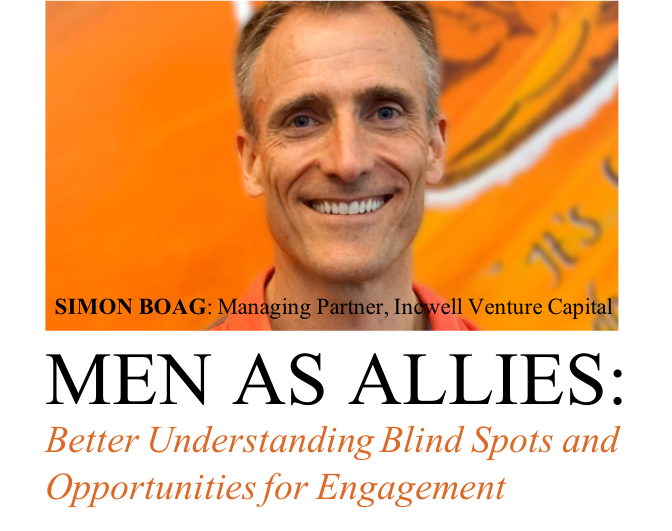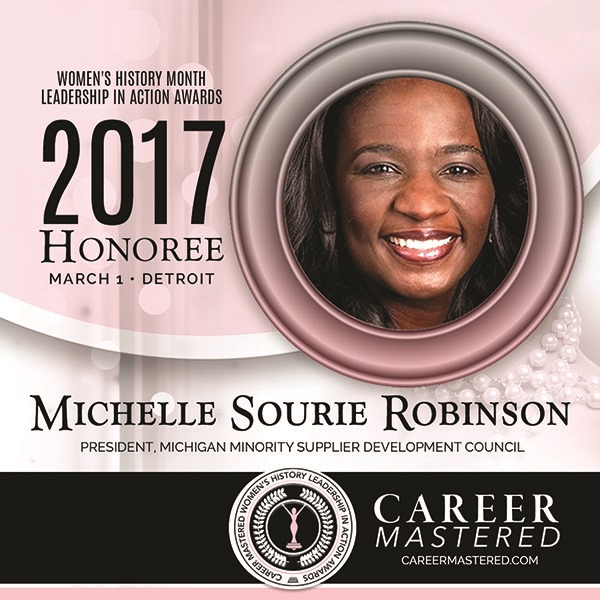BY: Dr. Lisa J. Wicker

We are all different. Some differences are visible, while others are not.
A few years ago, successful entrepreneur-turned-venture-capitalist, Peter Thiel, wrote a very compelling book called Zero to One. Thiel co-founded PayPal with Elon Musk before starting a VC Fund and backing some of Silicon Valley’s biggest winners like Facebook. When Peter is considering investing in a start-up, he doesn’t ask the founder, “How are you better?” He asks them, “How are you different?” He knows that differentiation is a key ingredient to success. As we transition from mentees to mentors, we need to encourage differentiation.
A personal moment of clarity for me occurred in 1998 when I was theAssistant Plant Manager for GM’s Buick City Assembly Plant in Flint, Michigan. I was a member of the eight-person Executive Committee. One day, I glanced up from my Blackberry and realized,for the first time in my professional career, that as a white male, I was in the minority (3 females, 2 black males, 3 white males). Some of those meetings were incredibly frustrating because we didn’t all think the same. At one point,
I was worried that, given the level of competition we faced, this would be a serious disadvantage for us, as it seemed to take us longer to make even the simplest decisions.
The extra discussion fueled my disdain for bureaucracy and impeded my desire to be on the shop floor, where things actually happened. Then one day, I noticed something strange. There seemed to be less struggle. Things just seemed to be flowing smoother and more quietly. I thought the back-lash was coming. It didn’t. Decisions were better. Results showed that. Operations settled down (well, as much as they can in an assembly plant). We got recognition for some of the biggest productivity gains in the industry and won a J.D. Power Platinum Award for the highest quality in our class. A direct result of better decision making and a more thorough process – made possible because of this diversity- of-thought competitive advantage that we had.
What I realized is that the extra time spent upfront, exploring more diverse inputs than we would have otherwise done, allowed us to anticipate outcomes much better than before. It just worked.
In retrospect, this is so obvious.
Kudos to Amy Farmer, Plant Manager, Buick City, for breaking molds, and diligently and unapologetically going after this. Not on a mission. Just the new normal. I now hope that I am able to help others learn the way Amy helped us.”


